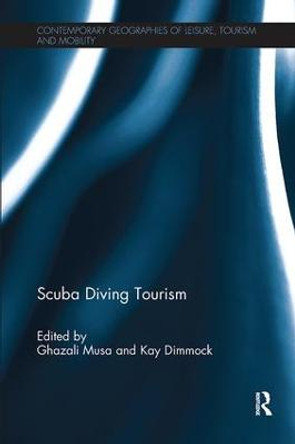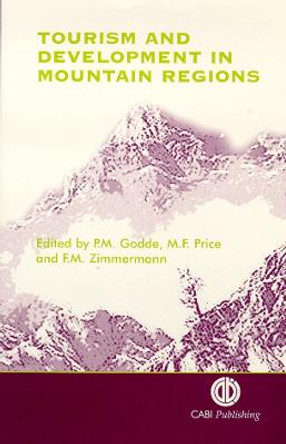Description
In May 1993 the British Mountaineering Council met to discuss the future of high altitude tourism. Of concern to attendees were reports of queues on Everest and reference was made to mountaineer Peter Boardman calling Everest an 'amphitheater of the ego'. Issues raised included environmental and social responsibility and regulations to minimize impacts. In the years that have followed there has been a surge of interest in climbing Everest, with one day in 2012 seeing 234 climbers reach the summit. Participation in mountaineering tourism has surely escalated beyond the imagination of those who attended the meeting 20 years ago.
This book provides a critical and comprehensive analysis of all pertinent aspects and issues related to the development and the management of the growth area of mountaineering tourism. By doing so it explores the meaning of adventure and special reference to mountain-based adventure, the delivering of adventure experience and adventure learning and education. It further introduces examples of settings (alpine environments) where a general management framework could be applied as a baseline approach in mountaineering tourism development. Along with this general management framework, the book draws evidence from case studies derived from various mountaineering tourism development contexts worldwide, to highlight the diversity and uniqueness of management approaches, policies and practices.
Written by leading academics from a range of disciplinary backgrounds, this insightful book will provide students, researchers and academics with a better understanding of the unique aspects of tourism management and development of this growing form of adventure tourism across the world.
About the Author
Ghazali Musa is a Professor, a medical doctor and a PhD in tourism. He is the Head of the Services Research and Innovation Center and the Department of Strategy and Business Policy at the Faculty of Business and Accountancy, University of Malaya, Kuala Lumpur. He has a wide interest in tourism research which includes scuba diving tourism, mountaineering tourism, backpacking tourism, medical tourism, and international second home. James Higham is Professor of Tourism at the University of Otago (New Zealand) and Visiting Professor at the University of Stavanger (Norway). His research interests focus on tourism and environmental change at global, regional and local scales of analysis, with particular interests in climate change and sustainable mobility. He serves as co-editor of the Journal of Sustainable Tourism. Anna Carr Thompson is a Senior Lecturer at the Department of Tourism, University of Otago, New Zealand. She is on the editorial boards for Tourism in Marine Environments and the Journal of Heritage Tourism. Her research interests focus on the interdisciplinary aspects of sustainable ecotourism, adventure tourism, wilderness management and cultural landscapes. She is a founding Co-Director of the Centre for Recreation Research at the University of Otago. Prior to academia Anna was co-owner of two adventure tourism businesses and continues to be interested in industry issues related to guiding, interpretation, visitor safety and best practices.
Reviews
"Overall, this book aims to provide a ''critical treatment of the possibilities and pitfalls of mountaineering tourism''. I would suggest that it succeeds. (...) It does provide a valuable resource for anyone seeking a glimpse into some of mountaineering's history, geography, guided experiences, alpine clubs, relationships to the environment and local communities, risk, ethics, and safety." - Mountain Research and Development 2016
Book Information
ISBN 9781138083936
Author Ghazali Musa
Format Paperback
Page Count 358
Imprint Routledge
Publisher Taylor & Francis Ltd
Weight(grams) 453g








